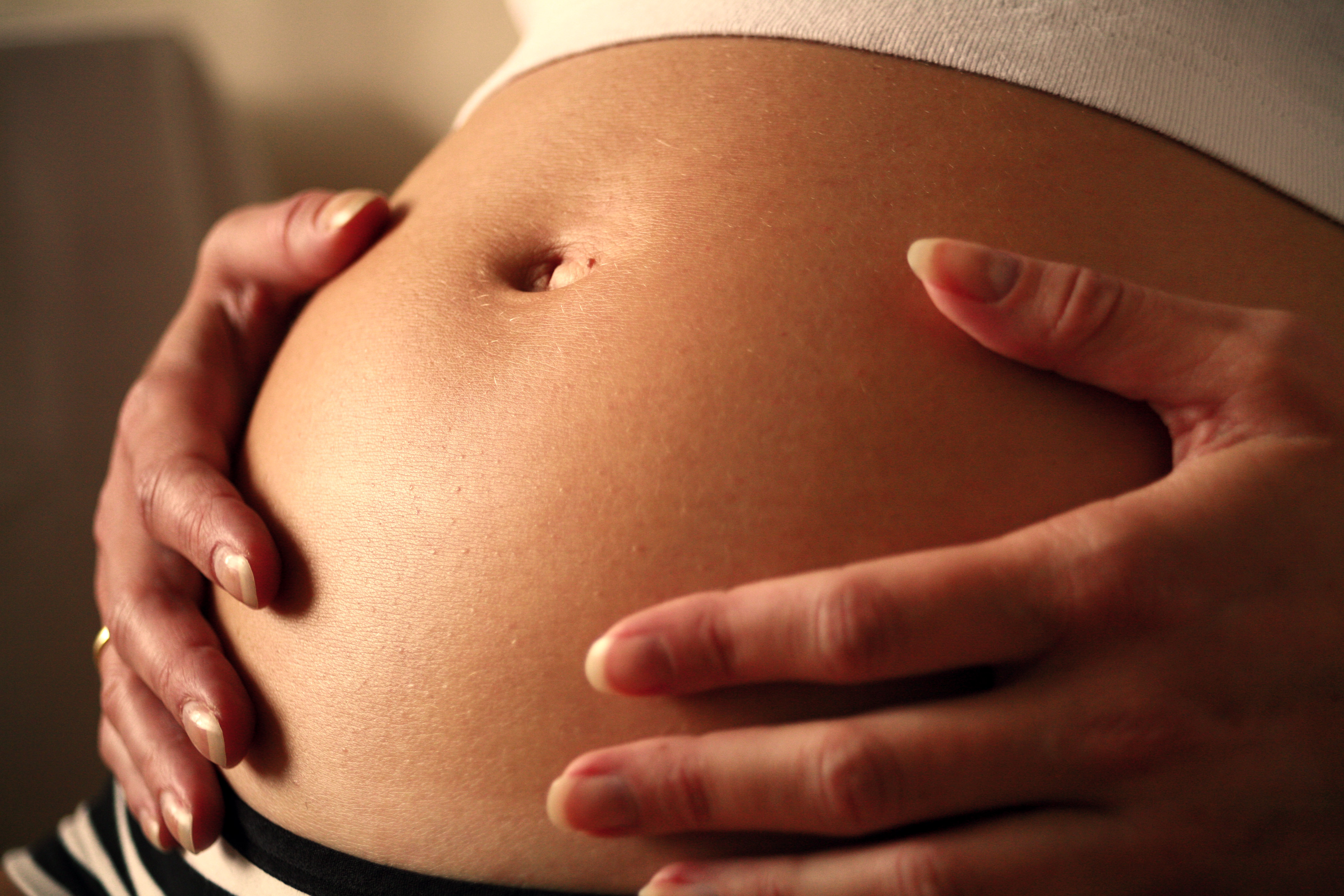Achieving a good quality diet during pregnancy, to provide your body and your growing baby with what is needed, is often a fine balance between calories needed and calories exceeded. Maintaining a healthy weight is important to reduce the risk of complications during pregnancy and delivery.
Pregnancy weight gain varies greatly, although most can expect to gain between 8–14kg, most of it after week 20, as the baby grows and the body lays down enough fat to make breast milk.
Guidelines have previously suggested it was unsafe to calorie restrict during pregnancy but recent research on over 7000 women published in the British Medical Journal has shown eating healthily and controlling calories to maintain weight at a healthy level is ideal to improve outcomes for mother and baby.
Here’s your trimester by trimester guide to achieving this:
Trimester 1
You may be experiencing nausea and vomiting and as the name suggests sickness tends to be worst first thing due to lower blood sugar levels. Keep some crackers, dry cereal or plain biscuits by your bed to snack on before you get up. To keep on top of mixed stomach signals throughout the day, it’s a good idea to eat little and often and keep easily transportable snacks at hand.
It can be easy to slip into the habit of grabbing the nearest edible thing with little thought for its nutritional value. This is understandable as there is a lot for you and your body to get used to in the early days of pregnancy. However, the following snacks have proved popular in pregnancy and are healthier than more traditional convenience snack foods:
- Plain Popcorn – full of wholegrain goodness
- Pretzels – lower fat alternative to crisps
- Oat cakes/ rice cakes/ melba toast/ crackers/ crispbreads with peanut butter, cream cheese or hummus.
- Fruit
- Cheese – mini pre-portioned ones are ideal for transportation
- Ginger is also renowned for its nausea busting qualities – if you’re starting to think you’ve worked your way through quite a few ginger biscuits, you may also want to consider ginger and lemon tea or grated ginger on cereal.
Trimester 2
By this stage in pregnancy most women start to feel better and enjoy pregnancy! This is an ideal time to take on board good quality nutrition to support the changes going on inside you.
- Nourish your body with balanced meals consisting of carbohydrate, protein and vegetable/ salad.
- If you’re struggling with big meals, eat little and often and definitely don’t go for more than 4 hours without eating. Healthy snacks to sustain your energy levels throughout the day include yoghurt, malt loaf, plain popcorn, pita bread with low fat hummus dip.
- Choose dairy foods 3 times a day, e.g. chunk of cheese, yoghurt and a milky drink. These foods are essential for baby bone building.
- Choose red meat a couple of times a week to top up your iron stores and provide for the additional blood supply.
- Choose oily fish once a week – full of essential omega 3 for baby’s brain and nerve development. Stick to only one portion a week though due to mercury risks.
Trimester 3
In the final stage of pregnancy, your energy requirements increase by 200 calories a day. This is equivalent to a bowl of cereal with milk or a couple of slices of toast with low fat cream cheese or a banana and low fat yoghurt.
It’s important to keep your energy levels topped up and stay nutritionally fit for what’s around the corner. Eating is likely to be more uncomfortable as the competition for room increases so plan to have 6 smaller meals a day.
Choose nutrient dense foods to maximise your efforts such as lean meats, dairy foods, dark green leafy vegetables and wholegrain carbohydrates.
Keep yourself hydrated too by keeping a bottle of water with you wherever you go.
Contact Laura for an individualised plan and more detailed advice and support tailored to you.


Leave A Comment